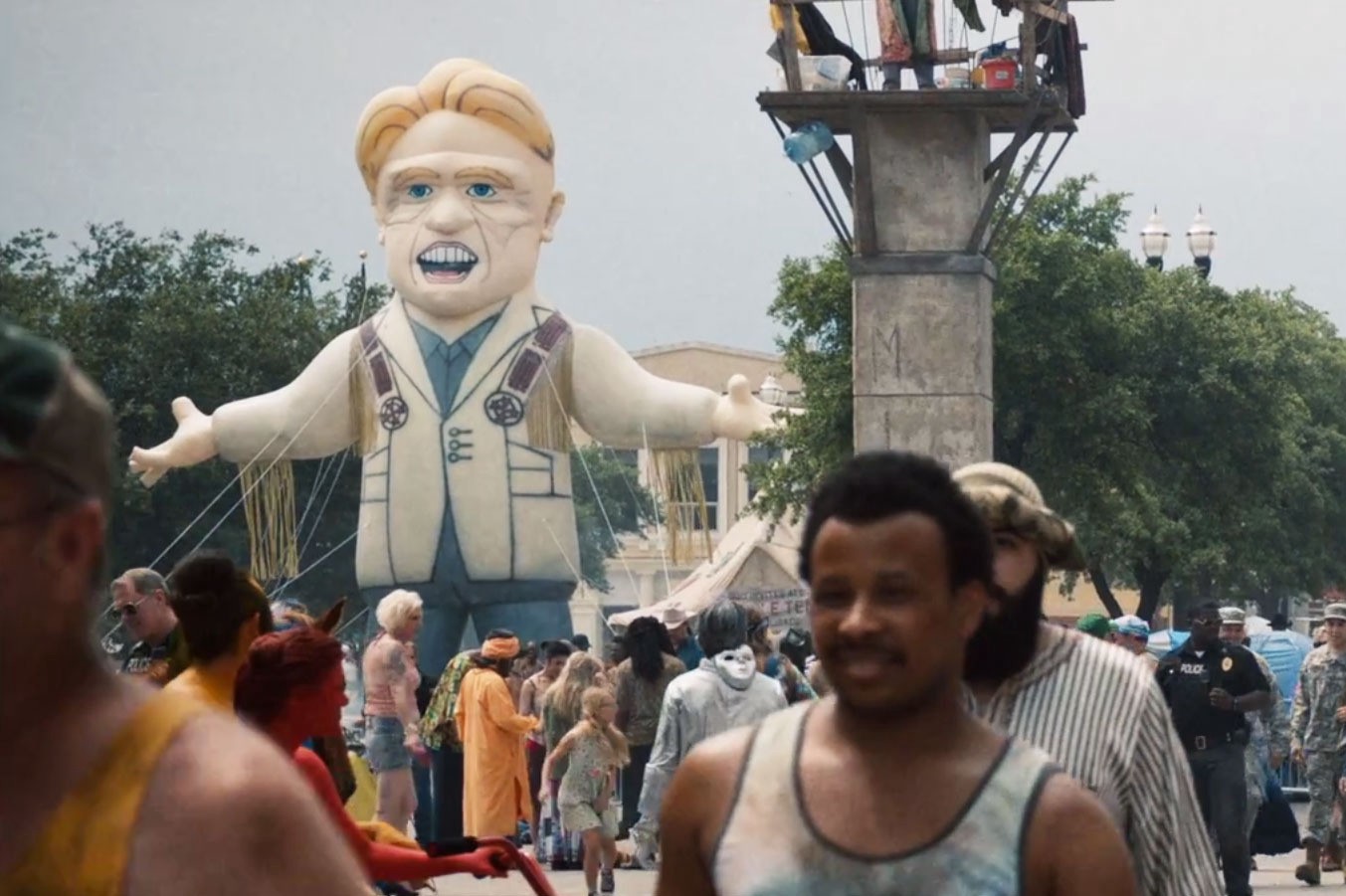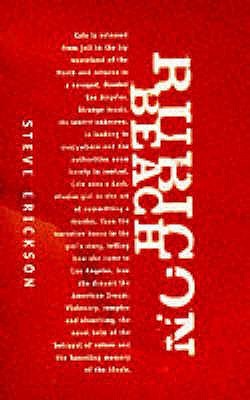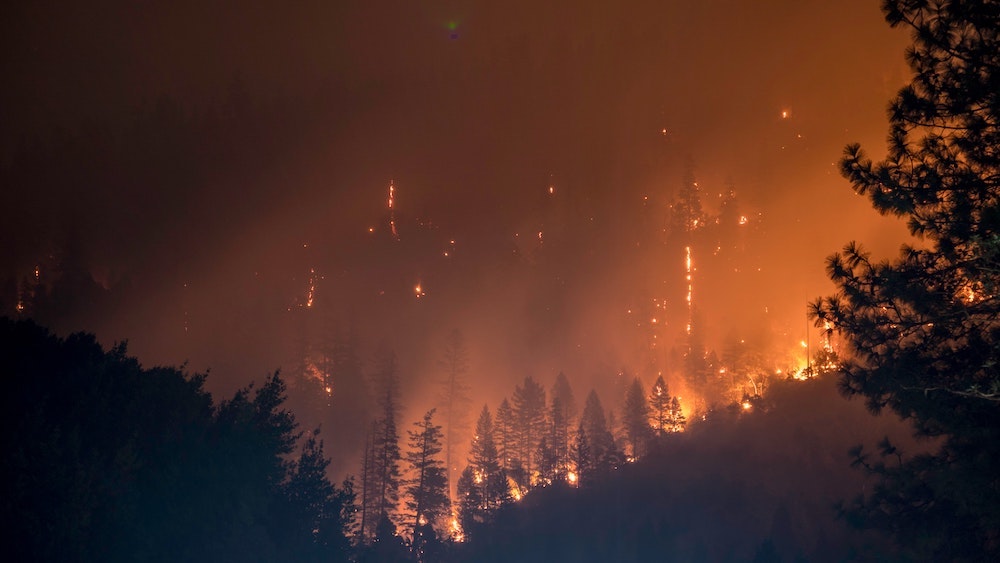Reading Lists
9 Weird and Unexpected Visions of the Post-Apocalypse

These are not your standard, run-of-the-mill worldwide cataclysms

We live in a time when post-apocalyptic settings abound in popular culture. The acclaimed horror film It Comes At Night is set after society has been left in ruins; the television series The 100 has put its survivors through everything from warring quasi-medieval factions to sinister artificial intelligences. Over the course of its three seasons on HBO, The Leftovers earned abundant acclaim for its depiction of society recovering from a mysterious event that could be interpreted as a cosmic blip, a miracle, or the beginning of the end-of-the-world. And while Darren Aronofsky’s planned adaptation of Margaret Atwood’s MaddAdam novels seems to have stalled, other works — including Ana Lily Amirpour’s film The Bad Batch — will soon show off new ways to depict society after society-as-we-know-it has ended. It’s a topic literature has been thinking about for years. What follows is a look at ten novels that take on the crumbling of all that is and the birth of a new society in unconventional ways. These aren’t the post-apocalyptic stories you expect; they aren’t set in the aftermaths of wars or following some sort of scientific miracle gone horribly awry. These are subtler apocalypses, all the more unsettling thanks to their strangeness.

1. Dhalgren by Samuel R. Delany
The cultural influence of Samuel R. Delany’s Dhalgren is a significant one: it’s a book that posits an end more delirious than violent. It’s a sprawling novel set in the isolated city of Bellona, where at times reality itself appears to have broken down. Delany’s novel is innovative both for his use of prose and for the constantly fluctuating nature of its setting; it’s a powerful, singular work that helped redefine what the end of the world could be.

2. Kalpa Imperial by Angélica Gorodischer; transl. by Ursula K. Le Guin
Technically, I’m not sure if Gorodischer’s history of a fictional empire falls into the category of the post-apocalyptic. Still, it opens in the ruins of an industrial society after an unspecified war or cataclysm — so Gorodischer certainly leaves readers plenty of room to interpret. And the points she makes in the book that follows about the cyclical nature of societies and the stories they tell themselves hit with a deep resonance.

3. City of Bohane by Kevin Barry
Kevin Barry’s hallucinatory crime novel is set in the near future in an Irish city on the coast. And while its setting is a few decades off, it seems clear that something has gone wrong with society: the landscape has turned harsh, the level of technology has declined, and struggles for power have only become more violent. And the tales Barry tells in this book are heightened by the surrealism of its setting and the haunted possibilities of its tomorrows.

4. The Ship by Antonia Honeywell
Lalla, the protagonist of The Ship, has lived much of her life sheltered from a society that’s crumbled around her. As London turns in on itself, she and her family escape to a seemingly better place: a community that will travel on the ocean, at once embodying and seeking a better life. Honeywell captures the dangers of life in a crumbling city and the claustrophobia of shipboard living; the result is a disorienting take on the quest to preserve the best parts of a vanished world.

5. Novi Sad by Jeff Jackson
In Jeff Jackson’s novella Novi Sad, a group of people hole up in an abandoned hotel and wait for the world to end. The city around them continues to function, though: people vanish, crimes are committed, bodies are found. It’s a haunting work, both for the way in which Jackson writes about the end of everything and for the suggestion that the end of the world is a different experience for everyone.
Injury by Proxy: Why “The Handmaid’s Tale” Is So Painful to Watch

6. Amnesia Moon by Jonathan Lethem
It’s probably fair to say that Amnesia Moon is one of several works of fiction with a literary lineage connecting back to Delany’s Dhalgren. It begins like a more conventional post-apocalyptic narrative: readers will encounter characters seeking to survive in the wake of a nuclear war. Soon, though, the landscape turns into something stranger; reality is revealed to be more malleable than it seemed. And in the midst of this, Lethem deconstructs post-apocalyptic stories even as he remakes the subgenre.

7. Find Me by Laura van den Berg
Many stories set at or after the end of the world involve attempts to remember the world as it was before — a better place, or a more stable one. Find Me turns that idea on its head. Here, society has become shattered due to a plague that leads to extensive memory loss. Here, it isn’t infrastructure or the weather or some sort of menacing creature that’s plaguing the landscape; instead, it’s something much more intimate, and even more unsettling.

8. Rubicon Beach by Steve Erickson
Many of Steve Erickson’s novels feature altered or devastated cities, whether through cataclysm, warfare, or political unrest. In Rubicon Beach, he writes memorably of a near-future Los Angeles that’s been flooded, a crumbling urban landscape that’s evolved into something altogether different from the place familiar to most readers. Erickson’s fiction blends the anxieties of today with the ravages of history and the strangeness of tomorrow; Rubicon Beach exemplifies that synthesis.

9. Motherfucking Sharks by Brian Alan Carr
Sometimes, the end of the world is just weird. Brian Alan Carr’s Motherfucking Sharks is set in a Western-tinged wasteland, albeit one that has a very crucial difference between it and the archetypal Old West. When the rain comes, it brings with it sharks that swim through the air and devour everything they see. Violent and bleakly comic, Carr’s short novel packs a nasty punch.








